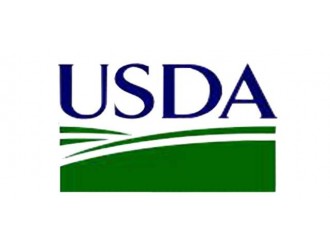经过评估,专家小组认为,在预期的使用条件下,不能排除饮食暴露引起过敏反应的风险,但这种可能性被认为很低。根据所提供的数据,评估小组得出结论,这种食品酶在预期使用条件下不会引起安全问题。部分原文报道如下:
The food enzyme β-galactosidase (β-d-galactoside galactohydrolase; EC 3.2.1.23) is produced with the genetically modified Kluyveromyces lactis strain KLA by DSM Food Specialties B.V. The genetic modifications did not give rise to safety concerns. The food enzyme was considered free from viable cells of the production organism and its DNA. The food enzyme is intended to be used for the lactose hydrolysis in milk processing, production of fermented milk products and whey processing. It is also intended for lactose hydrolysis in milk products at home. Dietary exposure to the food enzyme–total organic solids (TOS) was estimated to be up to 11.876 mg TOS/kg body weight per day in European populations. The production strain of the food enzyme fulfils the requirements for the Qualified Presumption of Safety (QPS) approach to safety assessment. As no concerns arising from its genetic modification or from the manufacturing process have been identified, the Panel considered that toxicological tests are not needed for the assessment of this food enzyme. A search for similarity of the amino acid sequence of the food enzyme to known allergens was made and no match was found. The Panel considered that, under the intended conditions of use, the risk of allergic reactions by dietary exposure cannot be excluded, but the likelihood for this to occur is low. The Panel concluded that this food enzyme does not give rise to safety concerns under the intended conditions of use.
本文由食品伙伴网食品资讯中心编辑,有任何疑问,请联系news@foodmate.net。












 地区:
地区:






 鲁公网安备 37060202000128号
鲁公网安备 37060202000128号



